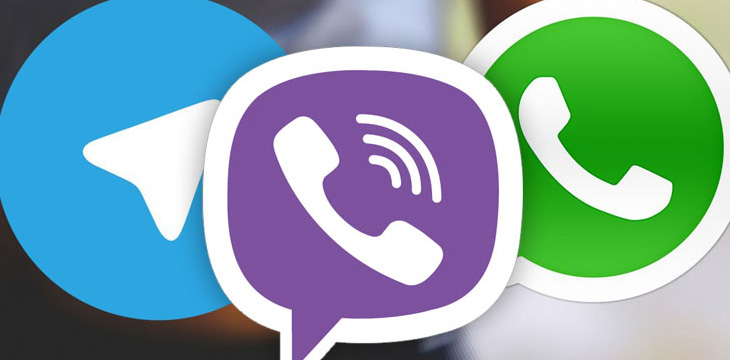
After Russia banned the popular encrypted messaging services app Telegram, it appears that Viber will be the next one going this way if the government’s security services are not able to acquire its encryption keys—a move that Viber COO Michael Shmilov has already said is impossible.
Russian authorities are looking to block Viber since the Federal Security Services (FSB) is insisting that the company hands over its security keys. The Minister for Communications and Mass Media was quoted by ITAR-TASS saying that the FSB had powers to implement an order to provide encryption keys and if problems were faced, the government could turn to the court to obtain a similar decision.
The minister faced questions about Viber after the authorities started trying to block Telegram since April 16, following a decision taken by the Tagansky District Court in Moscow on April 13. So far the messaging app is still operational, but it is facing continuous issues as its attempts to skirt around the restrictions that have been imposed on it.
The issue has been going on since March, when Shmilov told the media that the company would not be able to fulfil a request to hand over the encryption keys. Although the company would continue to cooperate with law enforcement agencies in the countries where it operates, Shmilov said that Viber cannot comply with its requests.
“We cannot give them something that we don’t have. They can ask the users for their keys. We can’t see them, and we don’t store them,” Shmilov told RBC.
Launched as an instant messaging service in 2010, Viber was originally developed by the Israel-based Viber Media, which eventually bought the Japanese company Rakuten in 2014. The company’s name changed to Rakuten Viber in 2017 and is currently based in Luxembourg. It claims to have 900 million users and is extremely popular in Eastern Europe in countries such as Belarus, Moldova and the Ukraine, where it is the most popular service there.
In Russia it holds 36% of market share, second after Whatsapp which has 59% of Russian users. The Russian messaging service Vkontakte is in third place with 32%, whilst Telegram comes fourth with 19% and Facebook Messenger fifth with 14%.
Viber uses end-to-end encryption in its text messaging service for both private and group chats as well as for voice calls. The latter feature was introduced as a standard setting in 2016. Thus, it claims not to have any kind of access to conversations and does not store any delivered data. The keys to encrypt the data are only stored on client’s devices according to the company’s privacy policy.

 09-20-2024
09-20-2024


